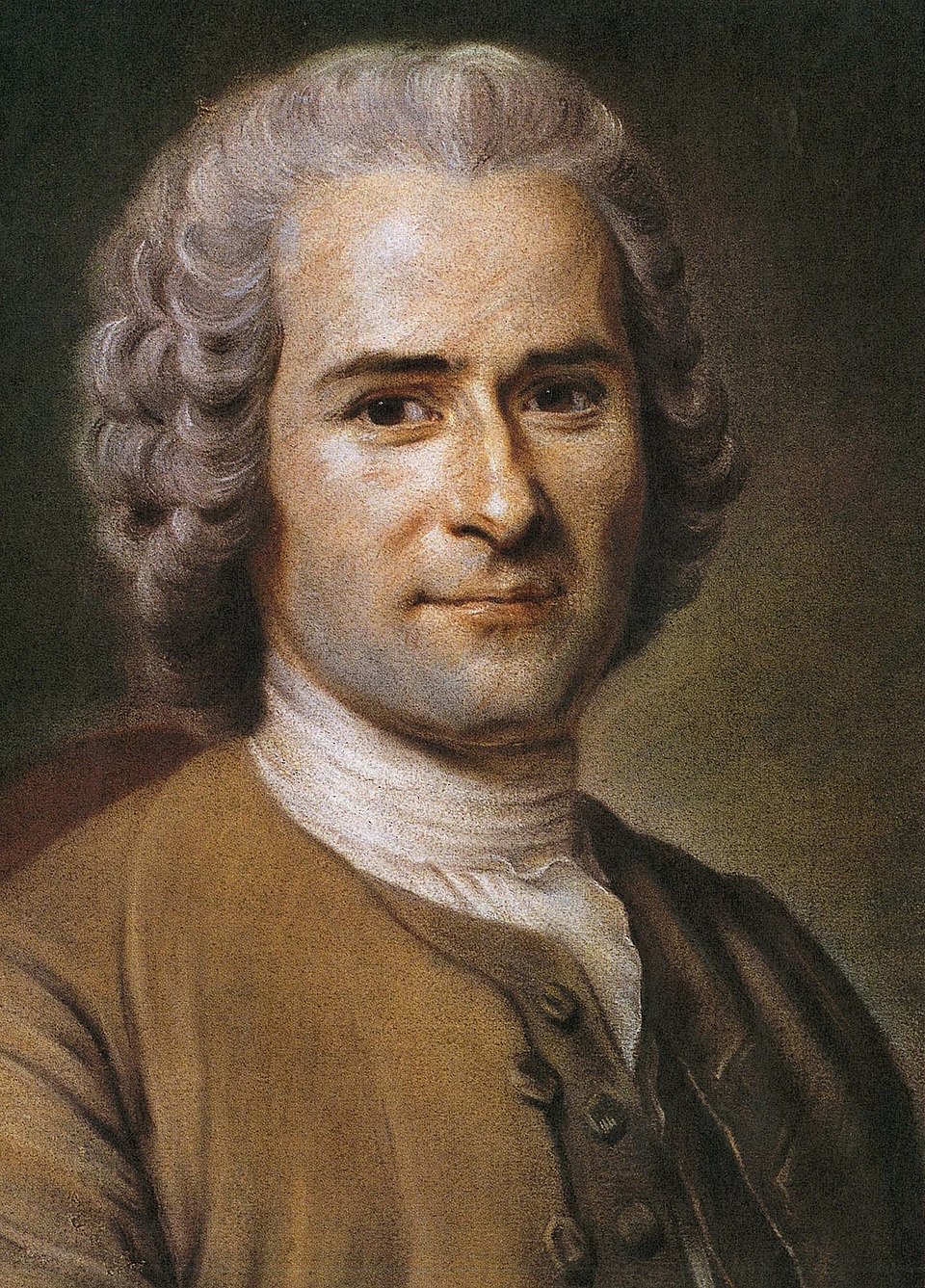Books By Jean Jacques Rousseau
9,00 د.ا Original price was: 9,00 د.ا.8,50 د.اCurrent price is: 8,50 د.ا. 5,00 د.ا Original price was: 5,00 د.ا.4,50 د.اCurrent price is: 4,50 د.ا. 12,00 د.ا Original price was: 12,00 د.ا.11,50 د.اCurrent price is: 11,50 د.ا. 7,50 د.ا Original price was: 7,50 د.ا.7,00 د.اCurrent price is: 7,00 د.ا. 11,50 د.ا Original price was: 11,50 د.ا.11,00 د.اCurrent price is: 11,00 د.ا. 6,00 د.ا Original price was: 6,00 د.ا.5,50 د.اCurrent price is: 5,50 د.ا. 5,00 د.ا Original price was: 5,00 د.ا.4,50 د.اCurrent price is: 4,50 د.ا. 5,00 د.ا Original price was: 5,00 د.ا.4,50 د.اCurrent price is: 4,50 د.ا. 12,50 د.ا Original price was: 12,50 د.ا.12,00 د.اCurrent price is: 12,00 د.ا.
